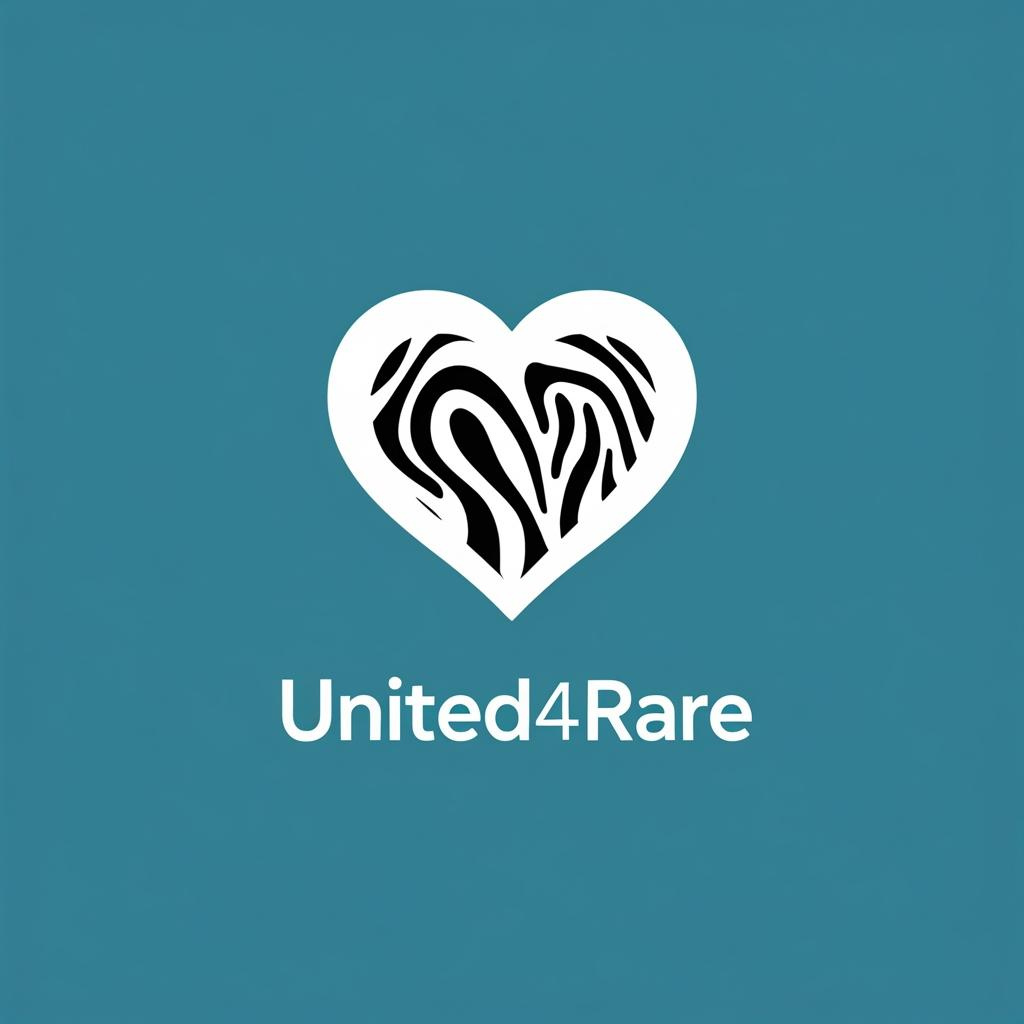When someone you love is sick, the most important thing you want is an answer. But for rare disease families, answers are painfully slow. On average, it takes 7–10 years to receive a diagnosis — a stretch of time known as the diagnostic odyssey.
During that odyssey, patients are often misdiagnosed, dismissed, or told their symptoms are “all in their head.” Families shuttle between specialists, undergo endless tests, and burn through savings without ever finding clarity. The cost isn’t just financial — it’s emotional, physical, and deeply isolating.
Why the Delay?
-
Limited knowledge — Most rare diseases are unfamiliar to general practitioners, and even many specialists.
-
Fragmented systems — Records, labs, and histories rarely connect across clinics or states.
-
Equity gaps — Patients from underrepresented communities face longer delays, less access to specialists, and higher barriers to testing.
-
Research gaps — Of the 6,000–10,000 rare diseases, 95% still lack FDA-approved treatments. Without diagnostic urgency, innovation stalls.
The Human Toll
Every year spent without a diagnosis is another year without treatment, without access to clinical trials, and without validation. It’s another year of school days missed, careers interrupted, and families navigating a medical system not built for them.
I know this firsthand. When my son was diagnosed with adrenal insufficiency 17 years ago, it took persistence, advocacy, and luck to get answers. Too many families are still waiting — and losing precious time.
How CortiCheck Can Change the Path
For adrenal insufficiency (AI) patients, diagnosis is particularly challenging. Cortisol levels fluctuate throughout the day, and traditional lab testing often requires multiple blood draws, long waits, and specialized interpretation. These hurdles create delays in both diagnosis and crisis care.
CortiCheck is designed to change this. By offering real-time, portable cortisol measurement, it will:
-
Give clinicians clearer data earlier in the diagnostic journey.
-
Provide patients and families with actionable information in minutes instead of days.
-
Reduce the need for repeated, invasive testing.
-
Help identify adrenal insufficiency sooner, cutting years off the diagnostic odyssey.
For AI patients, this isn’t just innovation — it’s life-saving. Early, accurate diagnosis means faster access to treatment, fewer crises, and a safer, more predictable path forward.
What Needs to Change
-
Diagnostic tools — Biosensors like CortiCheck, AI-driven support systems, and better genetic panels must be made accessible, not reserved for the few.
-
Equity in access — Rural and minority patients should not wait longer simply because of geography or systemic inequity.
-
Patient voice in research — Families living the odyssey bring insights that accelerate real-world solutions.
-
Investment in innovation — Rare disease is not niche; collectively it affects up to 446 million people worldwide.
Moving Forward Together
At United4Rare, we’re committed to shortening the diagnostic odyssey by supporting technologies like CortiCheck and by building partnerships that center patients. We believe every family deserves answers — not someday, but now.
Because rare can’t wait. And neither can the millions of us still searching for a name, a treatment, or a path forward.
With urgency and hope,
Kirsten Norgaard
Founder, United4Rare





